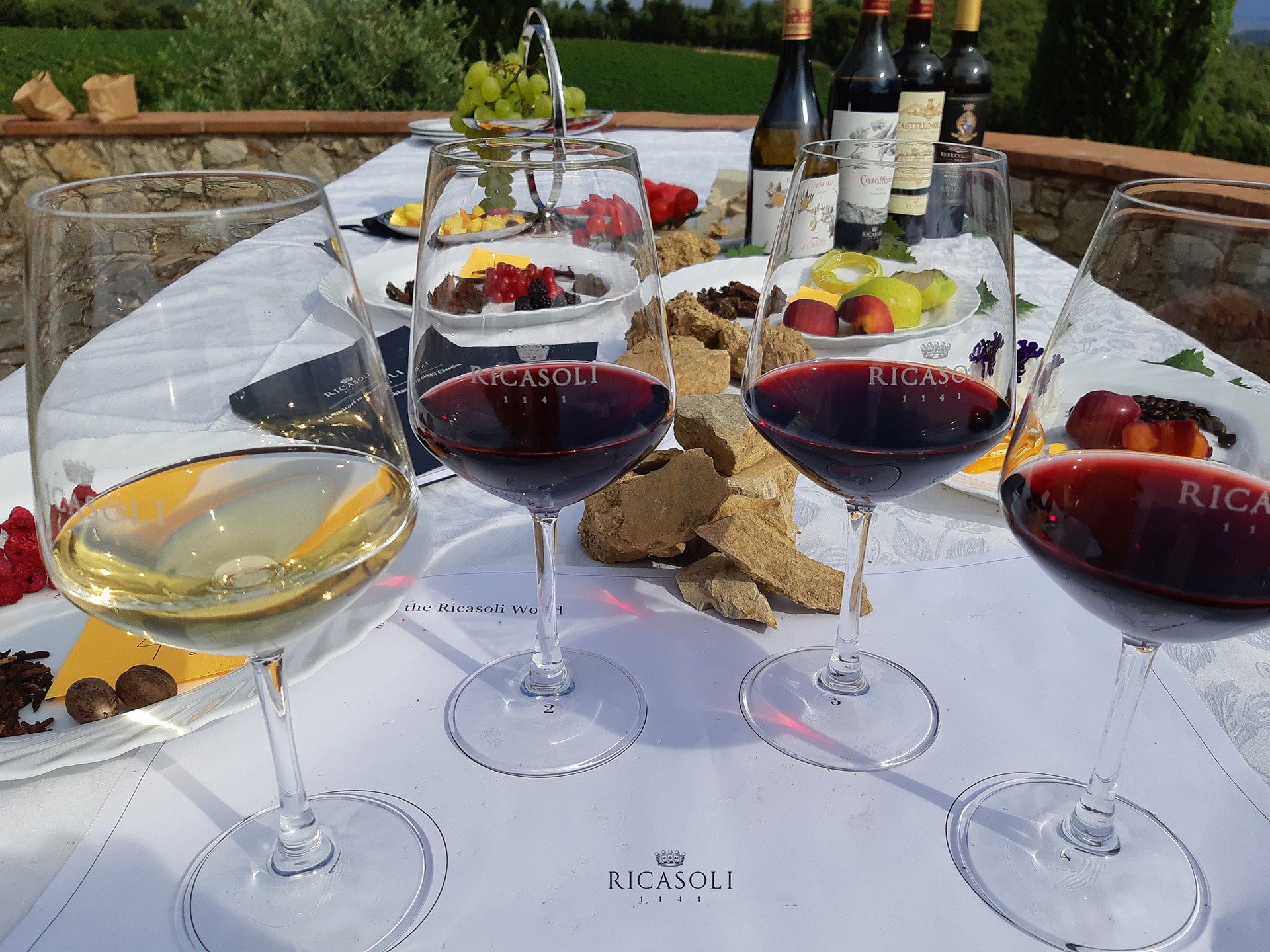
Wine and Veg Diets
28 June, 2024One of the new factors that wine producers also have to be aware of is the need to make wine compatible with increasingly popular diets, such as vegetarian and vegan, that take into account the protection of animals. First of all, let’s clarify the difference between the two: products intended for vegetarians must not contain any type of meat and, more generally, ingredients obtained from the direct killing of animals, while in vegan food, the use of animal-derived products is also prohibited, even if they are not obtained from the killing of animals.
In wine production, ‘technological adjuvants’ may be used in the cellar; that is, substances that facilitate the desired process but are subsequently eliminated. Among the most commonly used are the so-called ‘fining agents’, which make the wine clear by removing impurities. The most commonly used fining agents are of animal origin and include egg albumin, casein, bone glue, fish glue, and gelatin. In the production of vegan wines, the addition of any animal derivative at any stage, including packaging and the use of glues for labeling, is prohibited.
The wine production at Brolio has been quick to respond to these new sensibilities. Claudio Carapelli, the historic enologist of Ricasoli, explains: ‘All our wines, starting from the 2019 vintage, meet the requirements for consumption by people who follow both a vegan and vegetarian diet. For the clarification of white, rosé, dessert wines, and vin santo, Ricasoli uses only bentonite.’ Bentonite is a natural clay that acts as a clarifying agent due to its absorption properties. When added to the wine, bentonite binds to suspended particles, such as proteins and other impurities, causing them to drop down to the bottom of the container, a process that results in a clearer and more stable wine without altering the taste or quality. Being of mineral origin, bentonite is compatible with vegan and vegetarian diets. ‘For all other wines, however, no clarifying agents are used, but racking, cooling, and filtration are employed. This approach ensures that the wines are suitable for those following a vegan diet, while maintaining the distinctive quality and taste of Ricasoli wines,’ concludes Carapelli.
Among the main reasons for the choice is the fact that vegan wines are gaining popularity worldwide, with particularly strong demand in key European markets such as the United Kingdom, Germany, the Netherlands, the Scandinavian countries and, outside Europe, the United States, Canada, and Australia. Demand is also increasing in Italy. According to a survey conducted this year by the Eurispes Research Institute, 7.2% of the Italian population identifies as vegetarian and 2.3% as vegan, making a total of 9.5%. This is a significant figure, especially taking into account a 3% increase in the number of vegetarians compared to 2023, reaching the highest level of the last ten years.
At Brolio, it was decided to respond to these new demands by ensuring high-quality wines that respect both the environment and animal welfare. This commitment will continue to guide Ricasoli’s path of innovation and sustainability.








